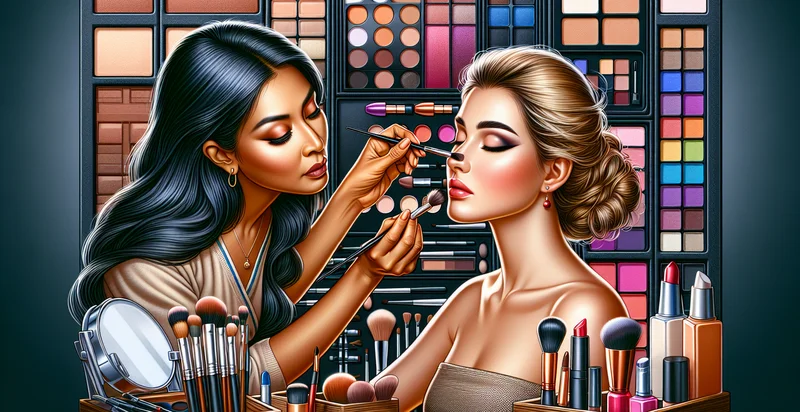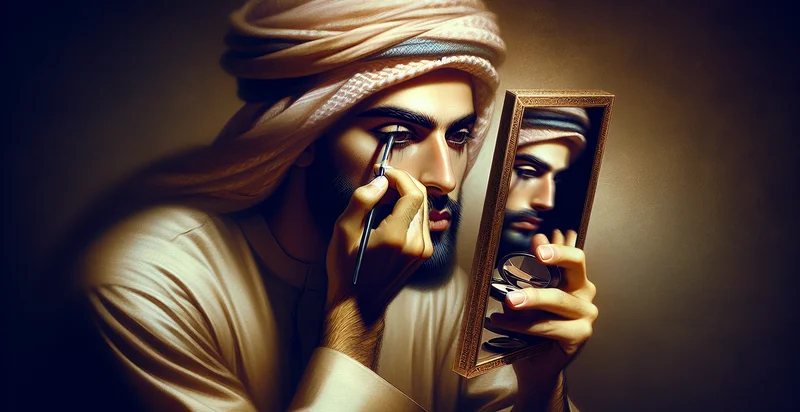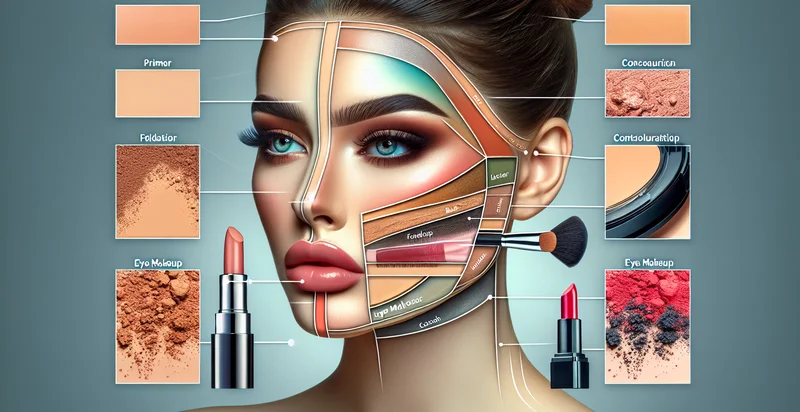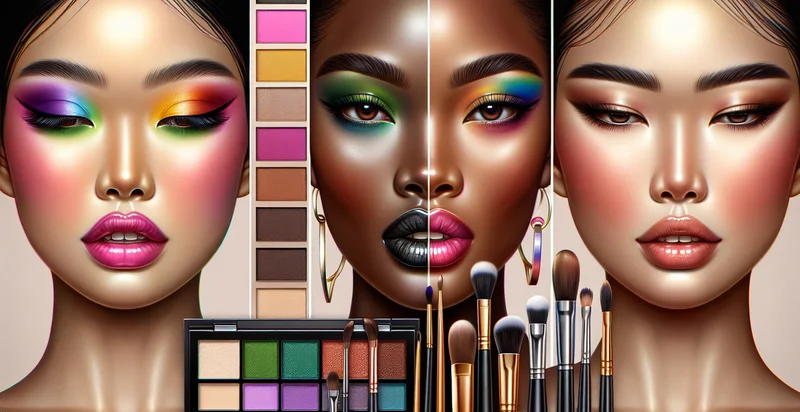Identify makeup application skill
using AI
Below is a free classifier to identify makeup application skill. Just upload your image, and our AI will predict the makeup application skill level of the user - in just seconds.

Contact us for API access
Or, use Nyckel to build highly-accurate custom classifiers in just minutes. No PhD required.
Get started
import nyckel
credentials = nyckel.Credentials("YOUR_CLIENT_ID", "YOUR_CLIENT_SECRET")
nyckel.invoke("makeup-application-skill", "your_image_url", credentials)
fetch('https://www.nyckel.com/v1/functions/makeup-application-skill/invoke', {
method: 'POST',
headers: {
'Authorization': 'Bearer ' + 'YOUR_BEARER_TOKEN',
'Content-Type': 'application/json',
},
body: JSON.stringify(
{"data": "your_image_url"}
)
})
.then(response => response.json())
.then(data => console.log(data));
curl -X POST \
-H "Content-Type: application/json" \
-H "Authorization: Bearer YOUR_BEARER_TOKEN" \
-d '{"data": "your_image_url"}' \
https://www.nyckel.com/v1/functions/makeup-application-skill/invoke
How this classifier works
To start, upload your image. Our AI tool will then predict the makeup application skill level of the user.
This pretrained image model uses a Nyckel-created dataset and has 10 labels, including Advanced, Beginner, Capable, Competent, Experienced, Expert, Intermediate, Novice, Professional and Talented.
We'll also show a confidence score (the higher the number, the more confident the AI model is around the makeup application skill level of the user).
Whether you're just curious or building makeup application skill detection into your application, we hope our classifier proves helpful.
Related Classifiers
Need to identify makeup application skill at scale?
Get API or Zapier access to this classifier for free. It's perfect for:
- Beauty App Personalization: Beauty applications can utilize the makeup application skill identifier to tailor product recommendations based on a user's expertise level. Users can receive tips and product suggestions that align with their makeup application skills, enhancing user engagement and satisfaction.
- Virtual Makeup Tutorials: E-learning platforms focused on beauty can leverage this identifier to segment users into different skill levels. This allows for the creation of customized virtual makeup tutorials that cater specifically to beginners or advanced users, improving the effectiveness of the learning experience.
- Influencer Marketing Targeting: Brands in the beauty industry can use the makeup application skill identifier to identify and target influencers that align with their desired market segment. By matching campaigns with influencers who have the right skill set, brands can enhance the authenticity of their marketing efforts and drive better engagement.
- Makeup Product Development: Cosmetic companies can analyze data from this identifier to better understand customer preferences and skill levels. This information can be instrumental in developing new products aimed at specific skill groups, ensuring that offerings meet consumer needs more effectively.
- Skill-Based Makeup Challenges: Event organizers can create challenges or contests based on makeup application skills, using the identifier to categorize participants. This enhances competition relevance and engagement, driving participation from various skill levels while encouraging community building.
- Personalized Beauty Coaching: Makeup artists and beauty coaches can utilize this identifier to assess a client's skill level before offering personalized advice or coaching sessions. This ensures that guidance is appropriate and targeted, leading to more fruitful learning outcomes for the clients.
- Augmented Reality (AR) Filters: AR applications that offer makeup simulation can integrate the makeup application skill identifier to provide users with filters that match their skills. For instance, beginners might see simpler looks and products, while advanced users can access more complex techniques and styles, enhancing user experience and satisfaction with the AR features.


